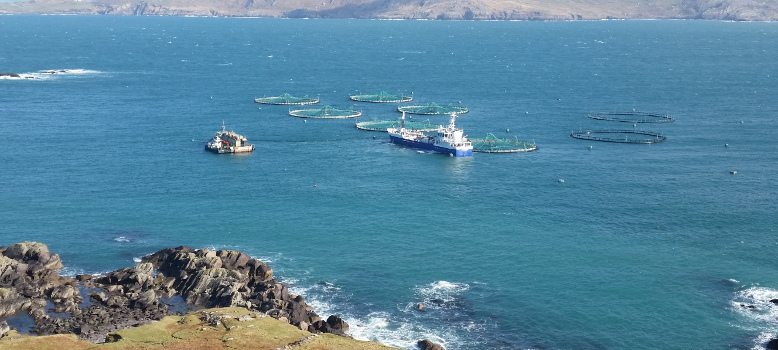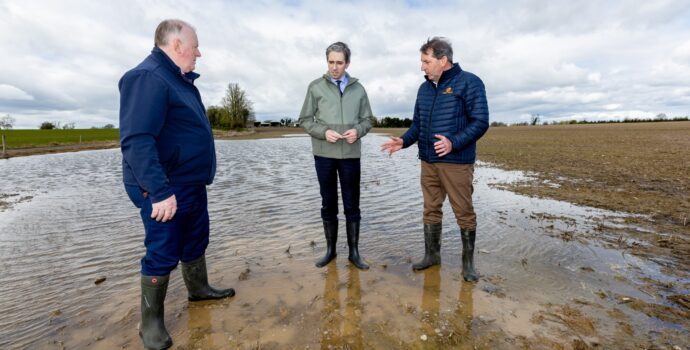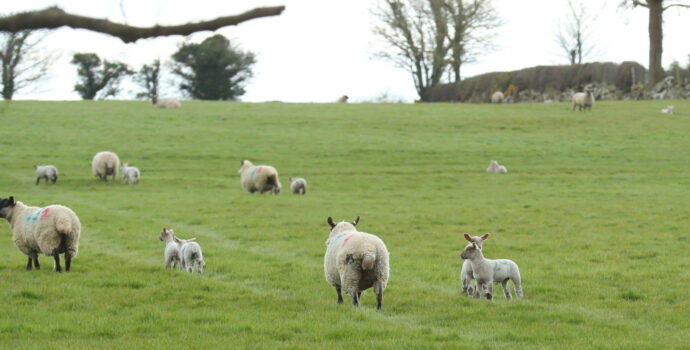IFA Welcomes Minister’s Seafood Investment Plan – “confidence in Licencing the Key”

Speaking in Clonakilty after the launch today by Minister Coveney of the 2014-2020 Seafood Development Plan, IFA Aquaculture Executive Secretary, Richie Flynn said the vital role played by sustainable farming of fish and shellfish is a cornerstone of Ireland’s strategy to create jobs and exports from coastal areas.
He said, “Investment in aquaculture has got to be encouraged by available funds to support capital and modernisation projects, but also requires a vastly improved confidence by industry and investors in the national aquaculture licensing system which is the defining driver of each aquaculture company’s approach to development, marketing and job creation.”
“In his presentation, Minister Coveney recognised the deep frustration within the sector and by businesses who have been waiting for many years for the system to react to applications for renewals, new sites or adjusted areas.
“IFA’s position is that, to remain competitive, the industry has got to be one step ahead in every area of production. To achieve that edge we absolutely need access to public funds – the rest of Europe is certainly taking advantage of them – but we also must have an educated, responsive, flexible and co-operative licencing regime.”
Mr Flynn said the industry would respond formally to the request by Minister Coveney for consultation on the details of the proposed investment programme. “There are non-capital schemes such as biotoxin closure compensation and insurance which need to be developed. There are also opportunities for encouraging new young producers and implementing environmental management and quality schemes.”
“IFA is committed to working closely on the new national strategy on aquaculture also announced by Minister Coveney today to ensure that our processes and product remain world class, that our customers are satisfied and that the industry is secure for the next forty years of its existence as a commercially important sector in Ireland.”




